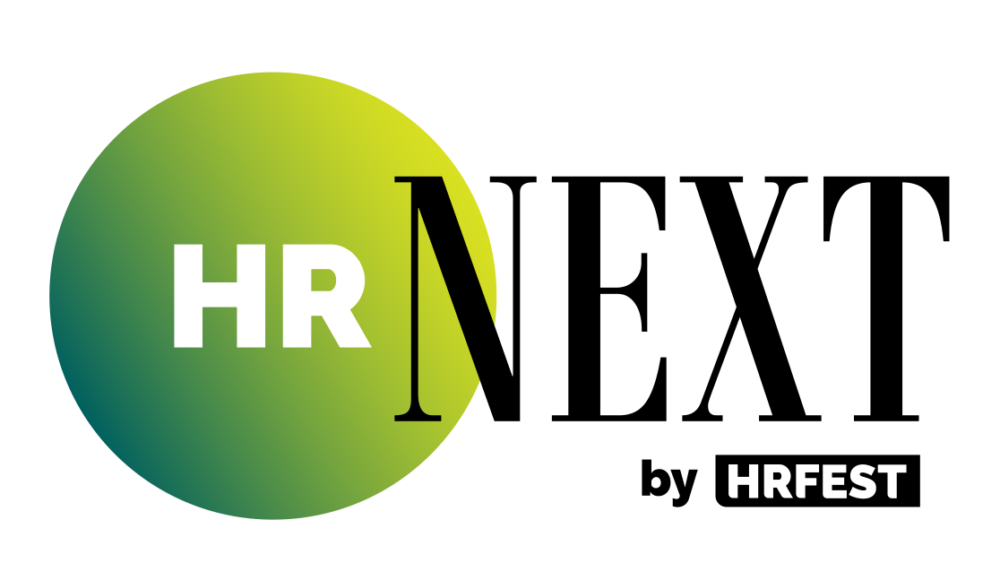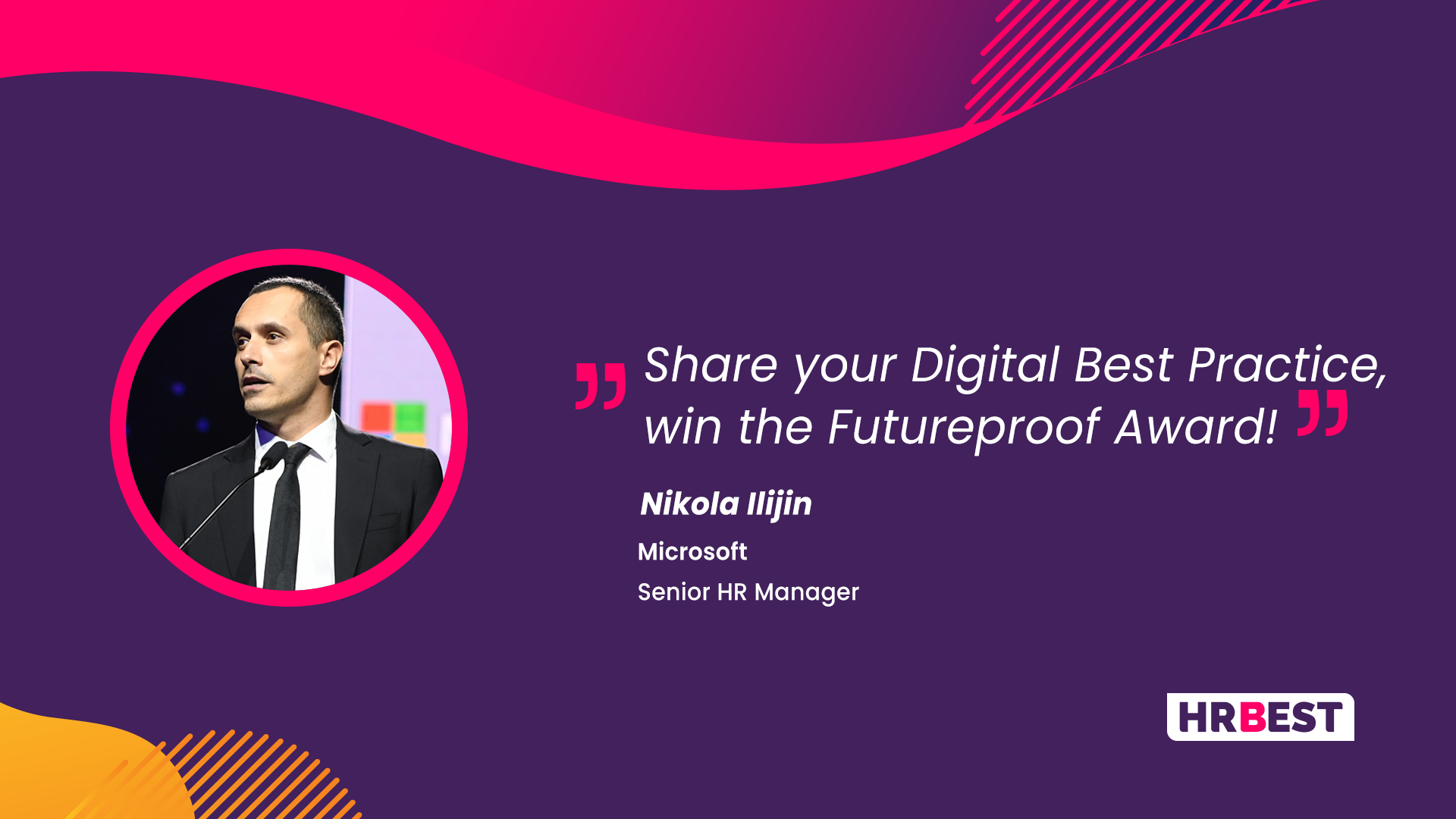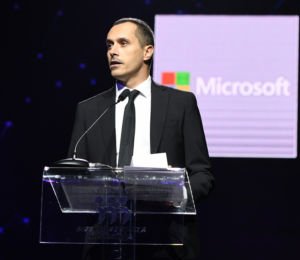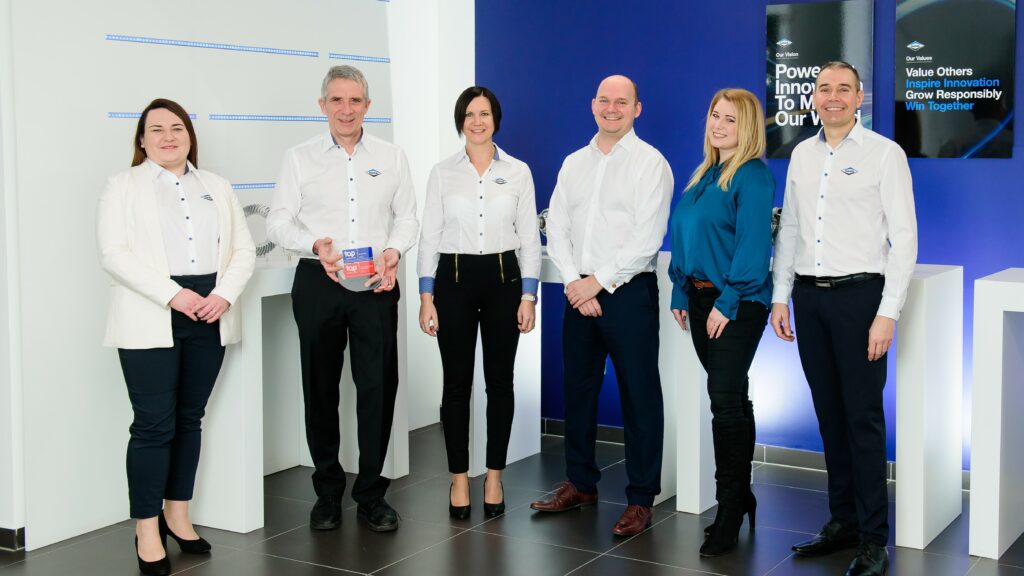Productivity, teamwork, and learning – in hybrid working environment
5 perc elolvasni
2022.12.06.
This will be the fourth time Future Proof Organisation Prizes will be granted in Hungary in the HR Best competition to companies pioneering in digital transformation. Deadline for submitting tenders is approaching, it is the 18th of December. Applications for the award established by Microsoft will be judged by a professional jury, with Nikola Ilijin, Microsoft’s Senior HR Manager responsible for Hungary on board. We asked him about the trends unfolding in modern workplaces and what makes them appealing in the eyes of jobseekers and employees.
Why did you accept the invitation for being a member in the jury of Future Proof Organisation Prize?
I feel honoured to have the opportunity to evaluate tenders in one of the most prestigious HR competitions in Hungary. On the other hand, I think it also is a great chance for me to get an insight into the labour market processes in Hungary. Knowing previous winners and their thoughtful solutions, I am really looking forward to the applications and the start of my assignment in the jury.
Why Future Proof Organisation Prize is important for Microsoft?
This is an award that allows us to communicate on what we hold progressive in the workplaces and how technology can make them more competitive, resilient and flexible. I would like to emphasise, it is always the social reality on the ground and the actual needs of the organisations that we look at first. Technology only comes next as a vehicle offering solutions to current challenges. We are constantly monitoring those challenges by our regularly conducted research Work Trend Index.
Winners of last year streamlined their HR processes, made them more sustainable or even entertaining by digital tools. What do you think today’s challenges are HR departments need to face?
Our latest survey revealed that hybrid work getting widespread these days poses a challenge as regards to how team cohesion and required productivity can be ensured. While the majority of employees would like to keep working at home, at least partially, their leaders would rather return to the office routines of 2019. However, despite the employees preferring hybrid work, they also miss the human relations that they used to enjoy in the office. That’s what we call hybrid paradox. Those conflicts and contradictions must be addressed by the leaders, and it is their duty as well to provide a working environment in which their colleagues can thrive the most. That’s why we no longer measure engagement at the workplace in Microsoft, but we look at how much our employees can thrive, because this approach reflects better the world we live in, where employees prioritize their life goals over loyalty to an employer. Of course, we are still interested in the conditions required to keep the most talented employees.
What role would you attribute to digitalisation in dealing with those issues?
What we see is that data driven approach is rapidly gaining ground in HR. I am positive this will generate ground-breaking changes in this field. As in other professions, data is suitable for making predictions – like whom and for what reasons are likely to leave the company in the near future – or what motivates employees to perform better in their jobs.
Our Work Trend Index Pulse Report shows that three urgent strategic shifts have to be made in the workplaces: ending paranoia about productivity in hybrid work; embracing the fact that people go into the office for each other, not because of an employer policy; and reinvesting in learning. This latter has been included among the priorities because our research revealed that if employees can’t learn with you, they’ll leave.
With regards to those insights, Microsoft has further developed the world’s first integrated employee experience platform, Viva. For example, Viva Goals is supposed to ease the paranoia about productivity by setting clear objectives for the team and enabling constant feedbacks. We have connected Viva Goals to Microsoft Teams, added an extension in Azure DevOps to complete work items, created a connection to Power BI datasets to track key performance indicators (KPIs) and key results, and enhanced efficiency by integrations with Microsoft Planner and Microsoft Project for automatic project management updates. Viva Pulse, also embedded into Teams, helps giving constant feedbacks. Viva Engage, announced lately, brings people together through digital communities, virtual events, and rich conversation tools, even when working hybrid. Leadership corner has been designed to provide a platform for leaders to initiate dialogue or surveys, to announce and discuss news and changes in the workplace. Enhancements to Viva Learning includes integration with LinkedIn Learning Hub, where content specific to your organization, curated learning paths, and collections become available for those who want to learn and develop. Answers in Microsoft Viva is a great tool supporting knowledge sharing within the organisation.
To what extent are you familiar with the Hungarian labour market? How much do you think Hungarian enterprises are prepared to address the challenges ahead?
The HR solutions developed in Hungary are outstandingly innovative and creative. I know, this is stereotypical, but Hungarians are known for their creativity and solution oriented attitude, so I was not really surprised to see that. Hungarian business leaders do not just look at the trends, but they invest to maximize ROI. And this is exactly why I am really excited about my current assignment and can’t wait to see those tenders which I’m sure will offer inspiration to many other companies and organisations.
A cikk magyar változata:
Hatékonyság, csapatmunka és tanulás – hibrid munkakörnyezetben
Nikola Ilijin
Senior HR Manager
Microsoft





